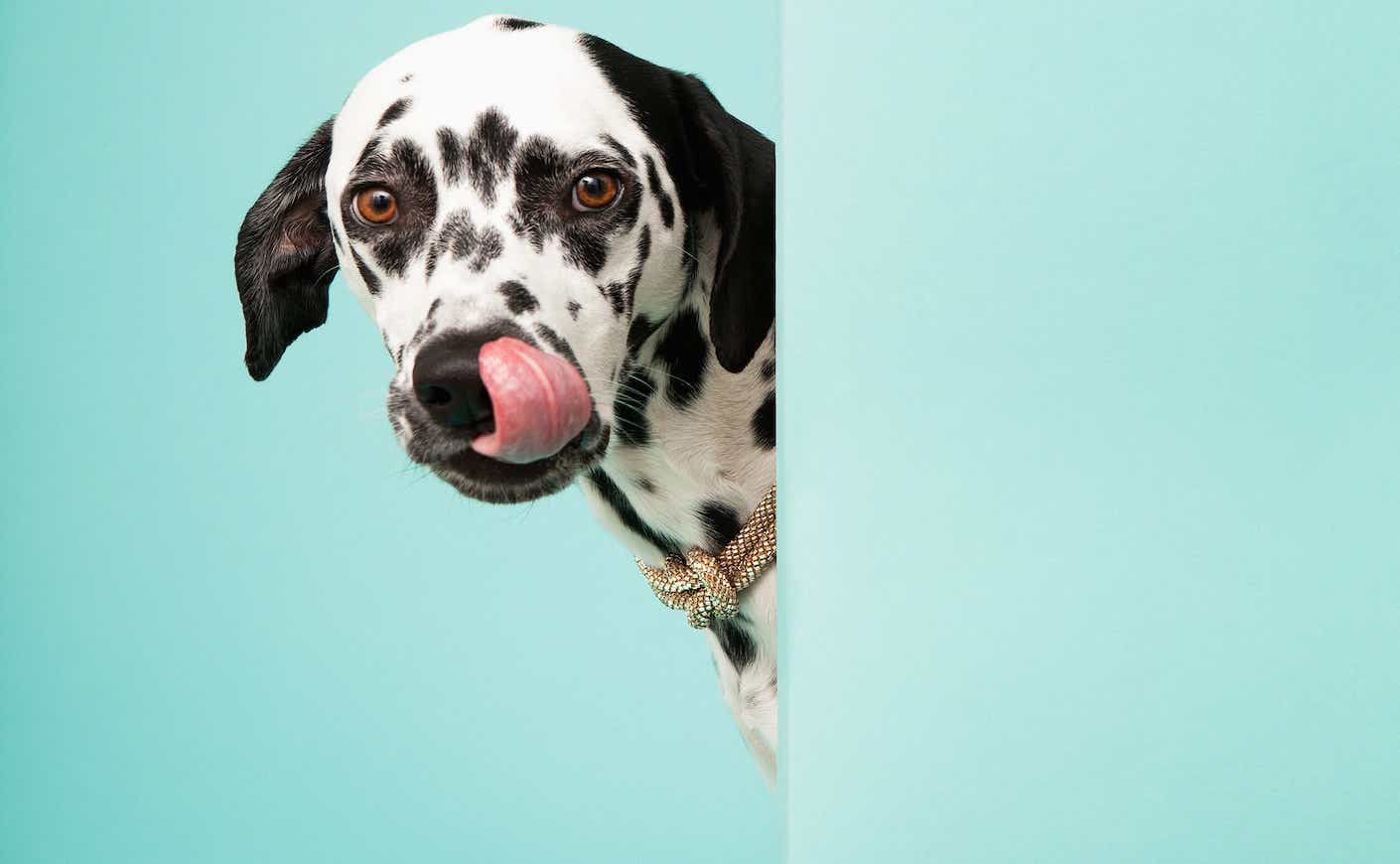Cuddling up with your dog or cat after a long, tiring day can provide an unbeatable sense of comfort and relief — but would you feel that way if the snuggle sesh resulted in a full-blown stomach bug?
Research has shown that pets can have positive effects on our overall health, but if you end up with an upset stomach or a mysterious rash, there’s a chance it came from your four-legged friend. Dogs, in particular, are a major source of what’s known as zoonotic diseases, or illnesses that pass between animals and humans.
“Although dogs can be beneficial to the health and wellbeing of their owners, people should be aware that dogs of any age, including puppies, can sometimes carry harmful germs that can make people sick,” the Centers for Disease Control states. “Germs from dogs can cause a variety of illnesses, from minor skin infections to serious illnesses.”
But how exactly do you catch a virus from your pet in the first place? More on that below, plus what these various illnesses entail and how to protect yourself.
Can you get sick from a dog or cat spreading germs?
While some expert opinions vary, dogs and cats are known to carry all kinds of potentially harmful bacteria in their mouths. If they’re carrying some kind of infection on their tongue, they can easily spread it to you with a simple lick.
But solely avoiding the slobber won't necessarily save you. Illnesses can also spread from pets to their humans via any scratch, cut, or bite that breaks the skin. Sadly, even simply snuggling with your pet on the couch or in your bed could expose you to whatever virus they might be carrying at the time.
You can also get sick without even touching your pet at all. For instance, some diseases — such as certain staph infections — can be quickly transmitted by contaminated items containing your pet’s saliva, such as bedding, food, water bowls, or a toy, so be sure to handle these with care. You might also want to be careful when cleaning up after your pet goes to the bathroom because that’s another common way illnesses can jump from animals to humans.
What kind of diseases can you catch from your cat or dog?
Pets can put you at risk for a shocking number of illnesses. Some are not as concerning as others: For instance, dogs and cats can spread stomach bugs like gastroenteritis, which causes diarrhea, cramps, nausea, vomiting, and fever. In most cases, it's not a serious or especially harmful illness, according to the National Institutes of Health.
Here's another example: If you thought the bacterial infection salmonella only occurs after eating raw eggs (note to self: put down the cookie dough), then you might be surprised to learn that you can also catch it by coming into contact with a pet’s infected poop or saliva, according to Healthline.
On the other end of the spectrum, MRSA (methicillin-resistant Staphylococcus aureus), which can be spread between humans and pets, has become a concern for hospitals in recent years because of its resistance to common antibiotics drugs, making it difficult to treat. It can even be life-threatening among immunocompromised people.
Meanwhile, some researchers even think a new form of the coronavirus that has recently been discovered everywhere from Arkansas to Thailand might’ve originally come from dogs, according to NPR.
Still, what’s probably more common is certain parasitic illnesses. According to a 2017 study published in the National Library of Medicine, dogs and cats can potentially increase pet owners’ chances of tick-borne illnesses, like Lyme disease, because they tend to track these pests inside after exploring the outdoors. Dogs and cats can also spread fungal diseases like ringworm — which causes an itchy rash on the skin.
How can you avoid getting sick from your pet?
The good news is that in the vast majority of cases, these viruses from animals won’t even make you sick — and if they do, you might not even know it. For instance, that new strain of coronavirus only causes mild symptoms among adults (or even none at all).
But the CDC does recommend taking a variety of steps to protect yourself. You can start by washing your hands thoroughly with soap and water after handling any kind of poop, even if you picked it up with a scooper or bag. If you do indulge in a kiss from your pet, make sure to avoid your face, especially your mouth, nose, or eyes.
Another key step is to stay up-to-date on vaccinations — which goes for shots meant for your furry friend and for yourself. Virologist John Lednicky Lednicky told NPR that humans can spread infections like the flu to pets via a phenomenon known as "reverse zoonosis,” so it's best to take extra precaution if you're a pet owner.









